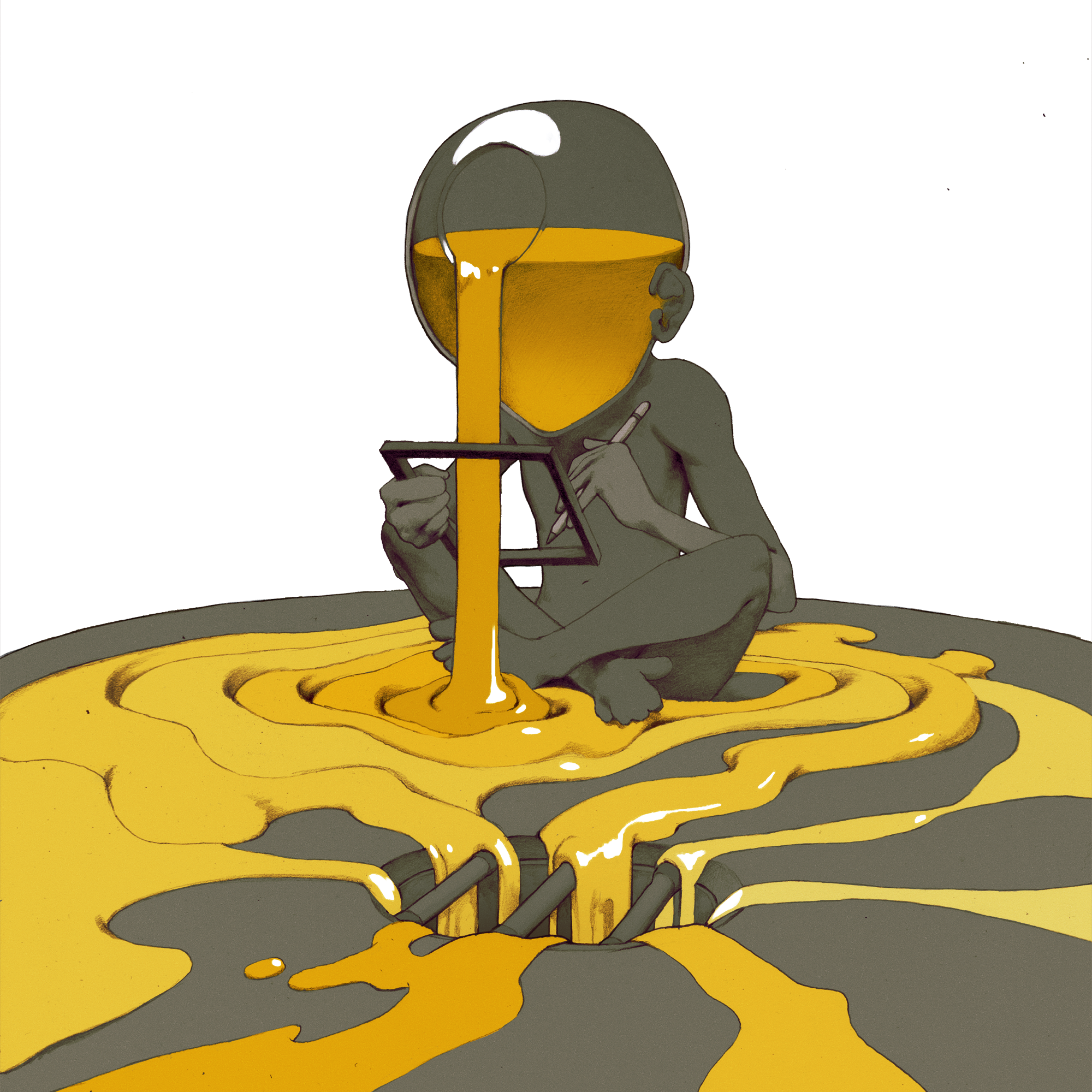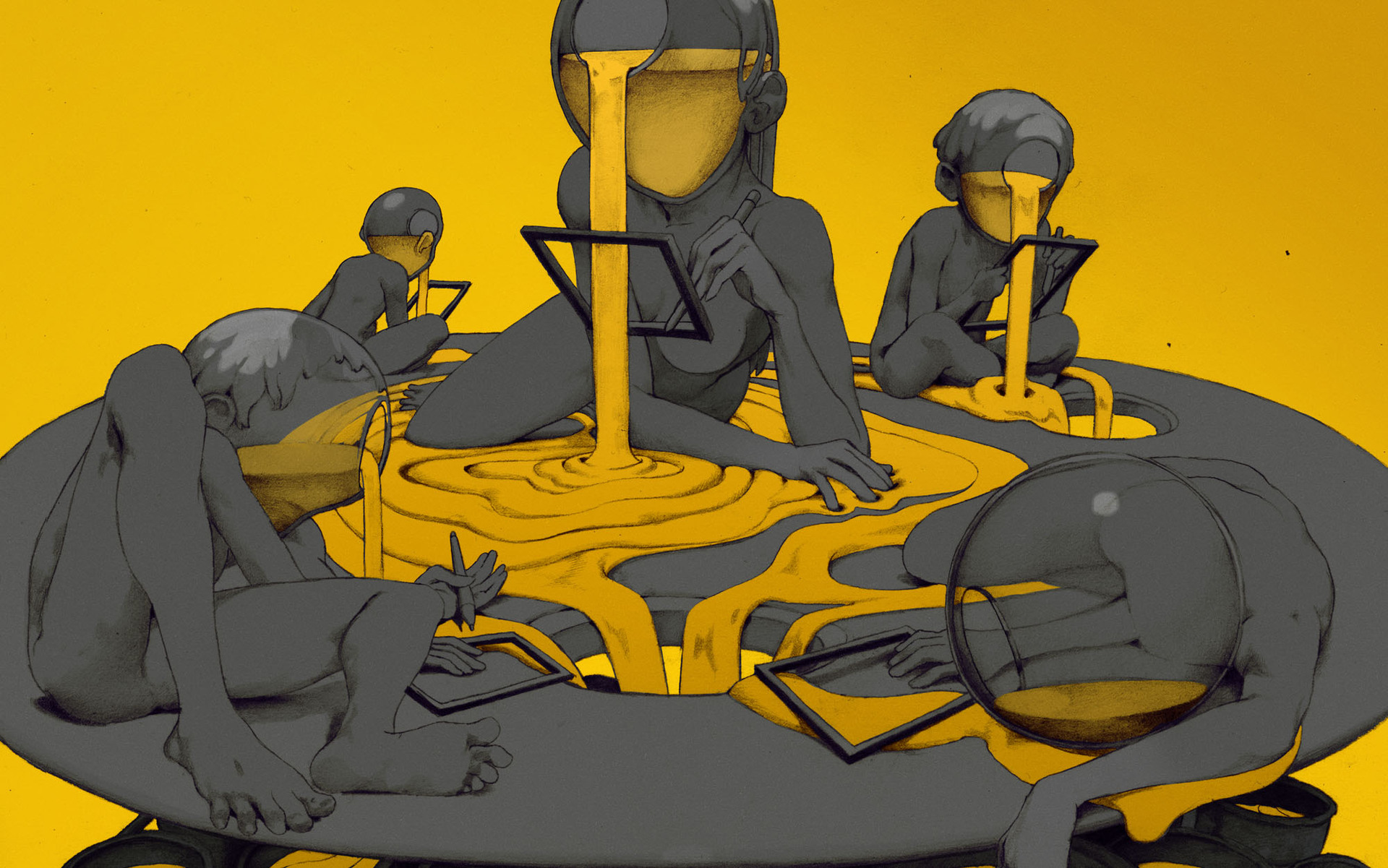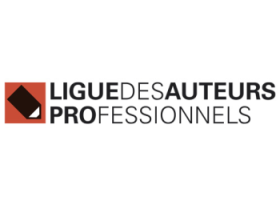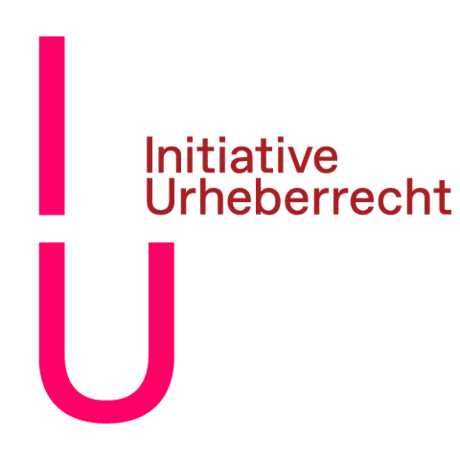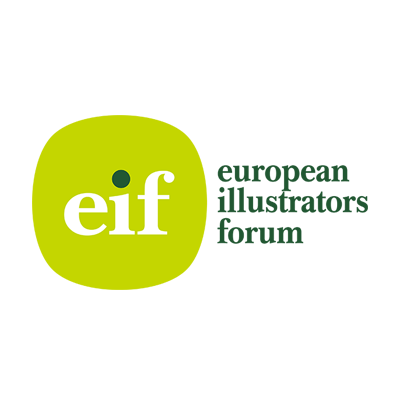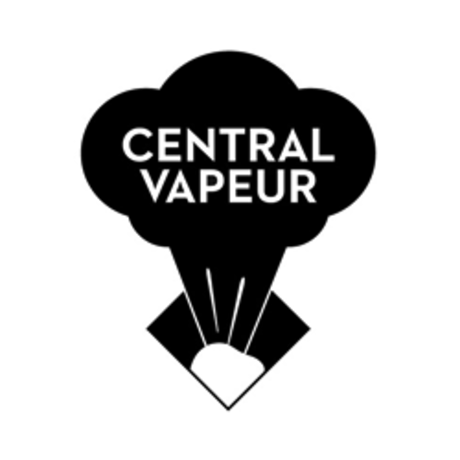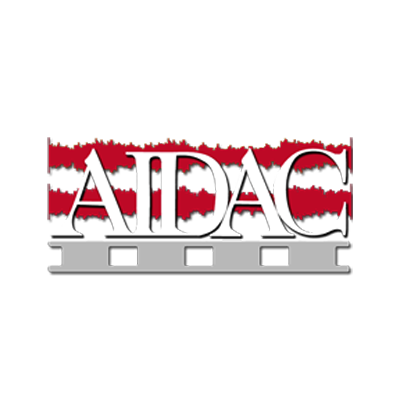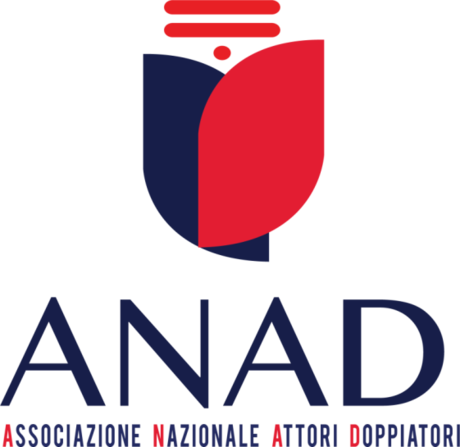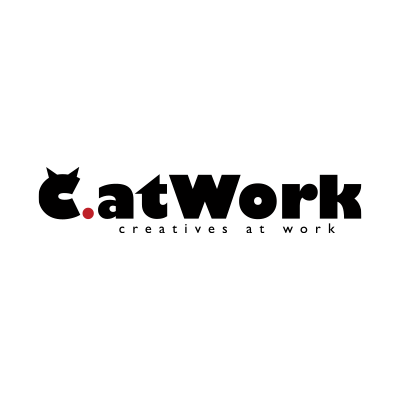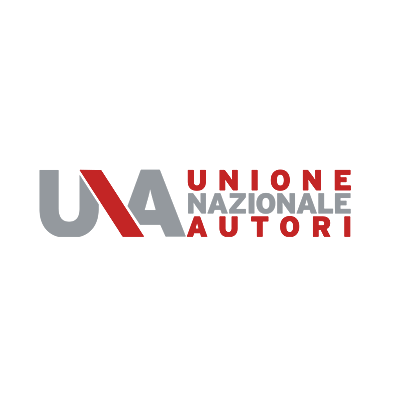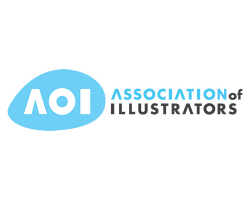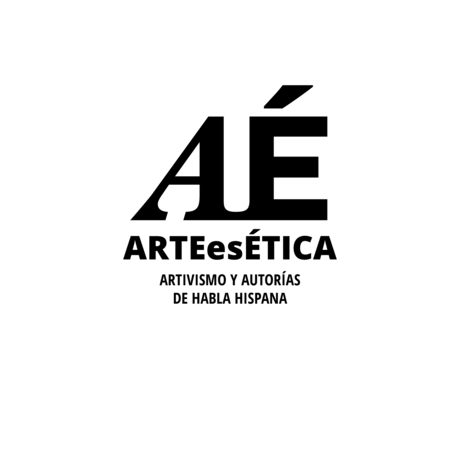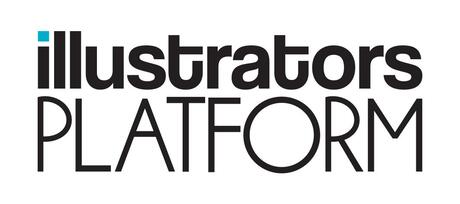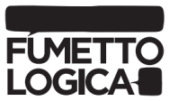
A proposal to regulate AI in EU
Our Manifesto for AI companies regulation in Europe
We are a group of artists, creatives, publishers and associations from all over Europe united in bringing to the public attention how our data and intellectual properties are being exploited without our consent, on a scale never seen before. Such an unprecedented situation has led us to join our forces to reach out to the European Institutions and have our voices heard. If you believe that your data and creative work should not be exploited with impunity for profit by a handful of corporations, join us in supporting this battle.
Summer 2022 has seen the rise of a new, incredible technology: generative AIs.
These forms of artificial intelligence can generate images, videos, texts, programs, audios, 3d models and other contents from textual prompts or other media given by the user. To do so, an AI needs to be trained on a dataset of media. The quality of a generative AI is defined by the quality of its dataset – for example, in regard to images, the more pictures and illustrations an AI learns on, the more styles the AI is able to replicate and the more things it can do. Therefore, the products sold by AI companies are the result of operations on datasets, which contain all sorts of data, including millions of copyrighted images, private pictures and other sensitive material. These files were collected by indiscriminately scraping the internet without the consent of the owners and people portrayed in them and are currently being used by AI companies for profit. This use of sensitive materials and biometric data (such as voice actors’ voices) is foremost a violation of privacy and image rights, introducing new dangerous avenues for identity thefts through unprecedented means. At the same time, some of the companies offering content generation services via generative AI are using and manipulating works and names of artists to train their Ais, which allows them to offer on the market the chance to imitate the styles of these artists and their work with the promise of being able to generate original images for any use, making their product irresistible. This exploitation of our work and datas not only does not respect the rights that regulate our society, presenting a huge security risk: it is also severely damaging the art market, potentially scarring it forever. We see this as only the beginning of a crisis that will afflict all sorts of jobs and occupation, whether they are creative jobs or not. The art market is the first one to be affected only because of its structural vulnerabilities, which make it an easy prey. Every time a groundbreaking technology comes to life, our society has to oversee its deployment in order to avoid any harm or infringing of human rights. This hasn’t happened with AI technology yet. It is time to change this.
These are the key points we want to enforce:1) Any data related to people or works, in any form, be it digital data – such as text files, audios, videos or images – or captured from reality by camera, microphones or any other mean of registration, shall not be used to train AI model without the explicit and informed consent of its owner. We ask for an extension to the AIs of the principles protecting personal data previously introduced by the GDPR and the introduction of a new form of protection specifically for this kind of exploitation: the “training right”. This protection establishes three alternative scenarios for AI companies when it comes to using a content for training: the impossibility of using said content without explicit consent of the holder; the authorization of the holder to use the content without restrictions; the authorization to use the content regulated by a licensing commercial contract between the parts with clear terms and conditions.
2) Using the names of people, stage names or titles of works not covered by a license to exploit for AI training shall be prohibited for those software that allows the use of textual or vocal prompt to generate images, videos, texts or audio.
3) Using videos, images, audios and texts not covered by a license to exploit for AI training shall be prohibited for those software that allow the upload of media contents to generate an image, a video, a text or an audio, such as image-to-image software.
4) A “human and machine readable” indexing and certification system shall be established, reporting all AIs’ activities and the full content of their datasets of images, texts, videos and sounds, be them fully or partially reproduced. Captions such as “entirely made by AI”, “made using AI-generated material” should become the standard.
5) The distinction between “copyrighted material” and “public domain" is no longer adequate to identify what can and cannot be used for the datasets. Learning datasets contain personal sensitive data, protected by the privacy laws, but not by copyright. We can find examples of material released when it would not have been possible to foresee its use in a dataset to train an AI model. Any data used in training a model shall be curated and authorized by its legitimate owner and willingly inserted in the dataset by its author with full knowledge of it. AI companies shall produce internally original materials for the training or license external material following terms and contracts previously established with the authors or rightful holders of said material.
Here you can find the manifesto translated to different languages:
Currently 8.371 people signed the manifesto.
(updated 2023/11/04)
Become a supporter of our proposal
- Help us getting our voice heard.
- Become part of the European alliance against exploitation of our art and data.

Ambassadors and Associations
People, associations and companies signing the manifesto
These are some of the more prominent supporters of our cause. You can find the full list by clicking here.
- Alberto Pagliaro (IT)
- Aleksi Briclot (FR)
- Alice Picard (FR)
- Andrea Babich (IT)
- Bengal Owen (FR)
- Calum Alexander Watt (UK)
- Chris Caldow (UK)
- Claire Wendling (FR)
- Claudia Palescandolo (IT)
- Darko Markovic DarMar (CS)
- Darrell Warner (UK)
- David Chauvel (FR)
- Davide De Cubellis (IT)
- Elder0010 (IT)
- Elena Casagrande (IT)
- Elisa Talentino (IT)
- Emanuele Rosso (IT)
- Eva Kuntz (UK)
- Eva Toorenent (NL)
- Fabien Vehlmann (FR)
- Frédéric Maupomé (FR)
- François Baranger (FR)
- Francesco Archidiacono (IT)
- Giacomo Bevilacqua (IT)
- Giancarlo Olivares (IT)
- Giorgio Trinchero (IT)
- Greg Rutkowski (PL)
- Howard Wimshurst (UK)
- Ilaria Catalani (IT)
- Iris Compiet (NL)
- Iris Luckhaus (DE)
- Jean David Morvan (FR)
- Jean-Baptiste Monge (FR)
- Jeffrey Read (UK)
- Jon McCoy (UK)
- Julien Loïs (FR)
- Karla Ortiz (US)
- Kenobit (IT)
- Kieran Belshaw (UK)
- LRNZ (IT)
- Luca Claretti (IT)
- Lucamaleonte (IT)
- Maicol & Mirco (IT)
- Manon Kewa (FR)
- Manuele Fior (IT)
- Marianne Alexandre (FR)
- Mark Button (UK)
- Matteo De Longis (IT)
- Matteo Stefanelli (IT)
- Mauro Uzzeo (IT)
- Max Berman (GB-SCT)
- Michele La Corte (IT)
- Mihaela Voicu (RO)
- Milo Manara (IT)
- Mr 23 (RO)
- Rachel Meinerding (USA)
- Ratigher (IT)
- Riccardo Falcinelli (IT)
- Rita Petruccioli (IT)
- Rob Bliss (UK)
- Robert Rowley (UK)
- Roberto Recchioni (IT)
- Ruxandra Tudorică (RO)
- Samuel Daveti (IT)
- Sandro Cleuzo (BR)
- Santiago Caruso (AR)
- Sara Pichelli (IT)
- Sebastian Vastra (FR)
- Sio (IT)
- Spiridon Giannakis (DE; GR)
- Stéphane Perger (FR)
- Stephane Louis (FR)
- Tanino Liberatore (IT)
- Thom Botwood (UK)
- Thomas Campi (IT)
- Tim Napper (UK)
- Valentine Pasche (FR)
- Walter Baiamonte (IT)
- Yoann Lossel (FR)
- Zerocalcare (IT)
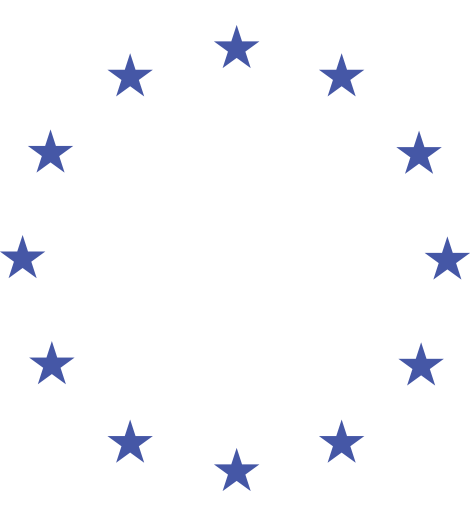
To address European Union specific issues
Why EGAIR?
Concept Art Association of America launched its own battle to address the problems raised with the introduction of AI image generation services. They are doing great, but they are acting in the best way possible according to the US law which is very different from the european ones. That's why EGAIR was born, to follow a EU specific path of regulation proposal.
We believe in the importance of fighting for AI companies regulations simultaneously and together.
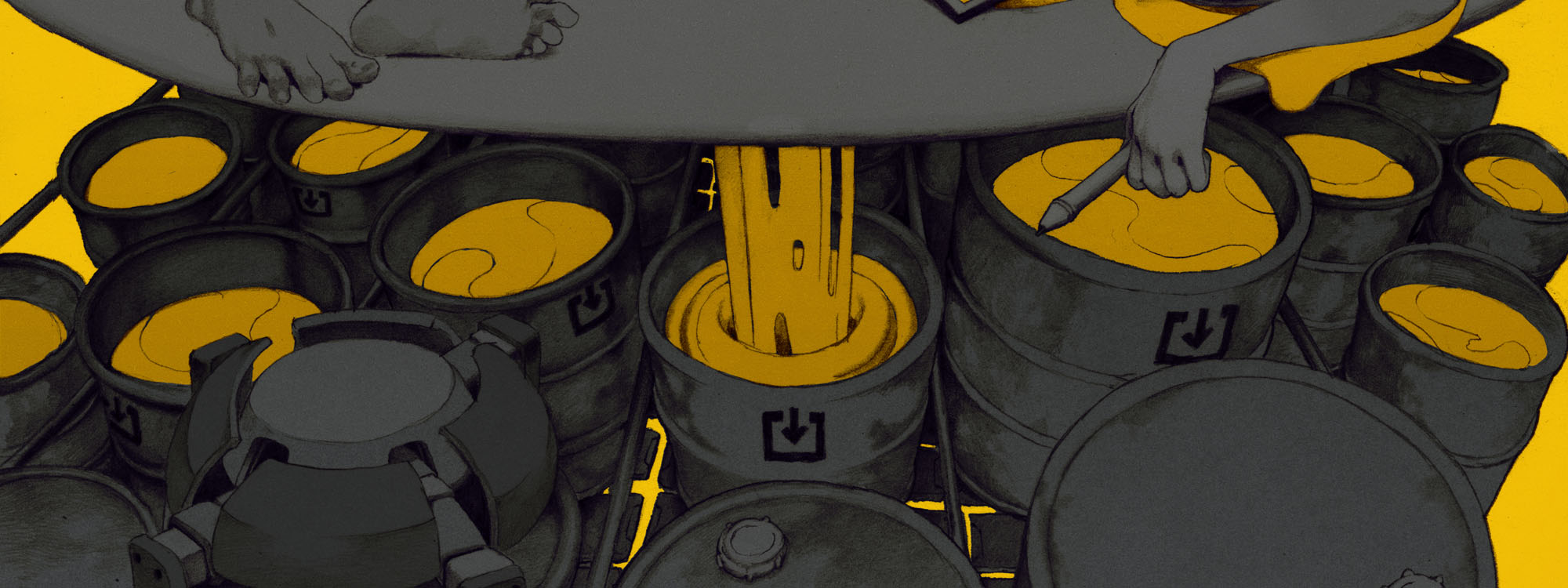
Donate and help EGAIR fulfill its goals
You can help EGAIR
EGAIR is a non profit guild. Donate to help us achieve all of our goals
By funding this campaign, you’ll help us bear the legal fees necessary to enforce a EU-level regulation of how data are collected for AI training. We expect the work to go on for at least 2 years, with a monthly expense of 3.000€. The expenses you are financing are the following: - Working with the institutions to change the AI ACT. This is by far the most expensive objective, as it involves of specialists in copyright law and data processing and an extensive communication effort with the European institutions in Bruxelles. - Communication activities gathered towards all the professionals in the creative field. In order to maintain the campaign’s momentum, we will need an ongoing communication strategy towards investors and members of the global creative community. - Media relations activities. - Social media strategies and content creation to raise awareness in the institutions and in the Government.
Funds Raised

EGAIR lobbying experts
EGAIR works with copyright and international human rights experts
We have asked the help of VERA Studio, a company founded by Francesco Schlitzer. Francesco and his colleagues have a unique and invaluable experience in the copyright and intellectual property rights fields.
In 2012 thanks to VERA Italy became the first EU country to liberalize video and music artists' proprietary rights, which used to be badly managed and not distributed to those artists by an inefficient monopoly, which got liquidated at a later time. In 2021 VERA successfully fought to change the text of the European directive on copyright to protect the economic rights of those artists whose work is exploited by streaming platforms. Another reason behind our choice is that VERA Studio doesn't have as clients any company involved in the art, movie or entertainment fields, working exclusively in defense of artists' and creatives' rights. During the last three months, VERA has offered us its counseling in setting up the early stages of our campaign and the activities with the European institutions for free.
If you want to know more:
http://www.verastudio.it/
https://www.vanityfair.it/mybusiness/news/15/3/4/imbizzarriti-contrasto-books-diritti-attori
Latest News
FAQ
Who is EGAIR and what does it do?
What do you think about the use of AI in the creative industries? What are your positions on the issue?
Are there similar initiatives in other Countries?
Is there an extended alliance at international level? Who is part of it and how is it structured?
Are you against to the use of Artificial Intelligence in the visual arts simply because you cannot earn anything from it?
Would you accept to license your work for AI training?
Is your position taken on a matter of principle or economics?
Don't you think you are anachronistic? Doesn't Artificial Intelligence represent an inevitable future?
Does EGAIR keep anything from the money I'm donating?
Are you really going to be able to carry on such a difficult and harsh battle using only those funds you are asking for?
I have no idea of what you are talking about. Should I really be worried? Can you give me some more information?
Are you luddites? Are you against progress?
I'm not a EU citizen, but I want to help. Any suggestion?
Do you have any question?
Do you want to join EGAIR as a team member? Do you have a problem and you can't find a team member from your country? Fill this form.
Here you can find EGAIR members actively working on AI regulation.
You can reach out to the representative from your country by clicking on their name.
